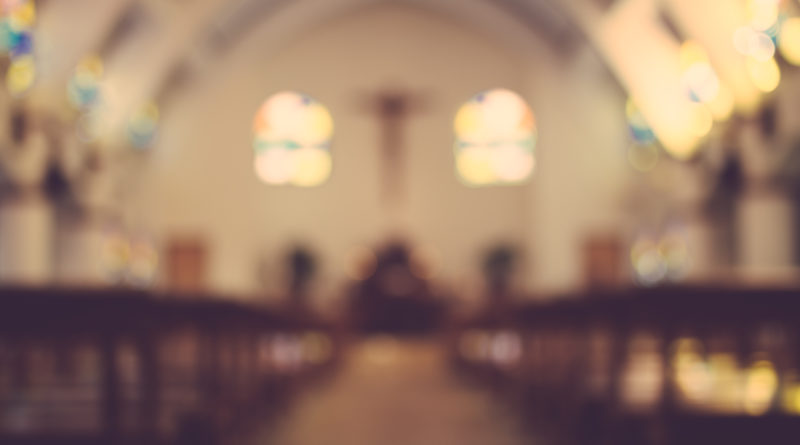Everything Known So Far About The Sri Lanka Bombings
6,869 total views, 1 views today
On April 21st, 290 Sri Lankans were killed and 500 were injured in a series of Easter Sunday bombings. It was immediately clear to Sri Lankan authorities that the explosions were motivated by terrorism, and the government pointed to a newer jihadist group, National Thowheed Jamath, as the culprit. Later, though, ISIS claimed responsibility.
Sri Lankan authorities may have had reason to foresee the attacks as early as 10 days before they occurred. In a memo dated April 11th, the Sri Lankan deputy inspector general of police requested extra security for Easter Sunday. Many Sri Lankan voices have already asked why this memo did not ultimately result in extra steps being taken to prevent the bloodshed of April 21st.
The Sri Lankan Easter Sunday bombings targeted Christian churches and hotels, where Christian worshippers and tourists were killed. According to Father Edmond Tillekeratne, the social communications director for the Archdiocese of Colombo (Sri Lanka’s capital city), thousands of people were present at the explosion site St. Sebastian’s Church. Many worshippers, Tillekeratne said, had come to the church from villages located hours away.
The bombings followed a full decade of peace in a country once torn by regular civil war-related bombings. In 2009, the 25-year civil war between Sri Lanka’s majority Sinhalese and the minority Tamil Tigers (which some, including the U.S. government, see as a terrorist group) came to an end, and with it, so did the violence that took 70,000 lives over the course of the war — until this recent spate of bombings.
Colombo was one of many Sri Lankan cities in which bombs were detonated. Explosions also occurred at Christian churches in Negombo and Batticaloa and at a hotel in Dehiwala-Mount Lavinia. In a police raid shortly following these explosions, another bomb was detonated at a home in Dematagoda, where three police officers died. A total of eight explosions occurred over the course of the day, and seven people have already been arrested in connection with the attacks. None of these people, however, is expected to be one of the bombers — all signs point to the explosions being suicide bombings.
Domestically, government authorities have taken drastic steps to restore order following these attacks. Officials blocked civilian access to websites, including Facebook and Instagram, and mandated a curfew across the country through Sunday night, lasting until Monday morning. As well, the government called an emergency meeting among the heads of the Sri Lankan army, navy, and air force.
In Sri Lanka, Christianity is a minority religion. Only 7.4% of Sri Lankans identify as Christian, with 9.7% identifying as Muslim and 12% as Hindu. The majority religion of the South Asian island nation, by far, is Buddhism, at 70.2%. By comparison, 75% of Americans identify as Christian.
The targeting of Sri Lanka’s Christian minority may not come as a surprise to those who have paid attention to Sri Lankan politics. In recent years, just as white nationalism has surged in the U.S., in Sri Lanka, Buddhist ultra-nationalism has reached a peak. The Sri Lankan national group Bodu Bala Sena vowed to defend the state of Buddhism within the country’s borders as early as 2014, in response to a Buddhist murder of three Sri Lankan Muslims. Since then, ultra-nationalism has only risen.

